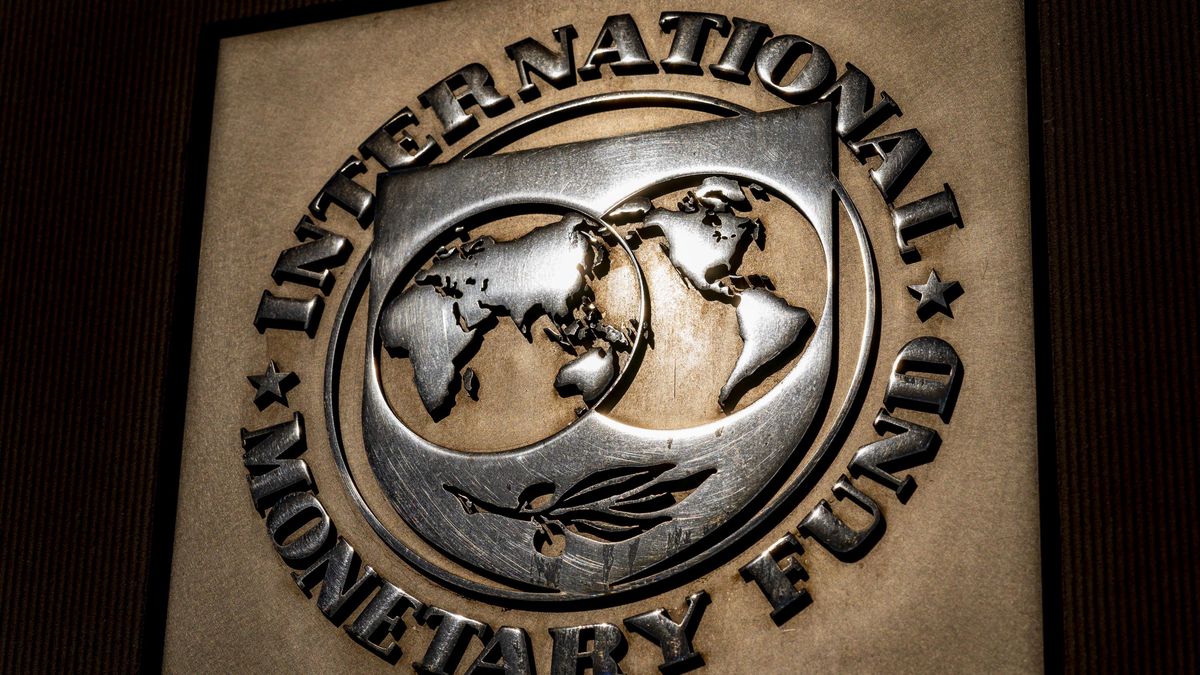In a press release, the executive board of the International Monetary Fund (IMF) concluded in its 2023 annual assessment of the Uruguayan economy that the country mustcontinue with strict compliance with the current fiscal rule“As a number one priority.
The directors of the international financial organization praised the resilience of the Uruguayan economy in the face of financial shocksthis is supported, according to the IMF, in “strong institutions and policies“. However, they warned that although the outlook is positive, it is subject to some drop as a result of the current historical drought.
From the IMF they emphasized the need to consolidate the progress achieved and to continue with “Ambitious structural reforms to maintain Uruguay’s resilience” and “support sustainable and inclusive growth”.
The board praised the national authorities for having met the objectives of the fiscal rule “for three consecutive years despite a challenging economic environment”, achieving “strengthen the credibility of policies“. Many directors considered that a more explicit debt target could be a useful component of a fiscal strategy in the medium term.
In turn, they agreed that a modest fiscal boost is appropriate in 2023, and recommended measures to put debt on a downward path once the drought has passed. In addition, suggested measures to further rationalize tax expenditures, targeting subsidies and reducing the wage billat the same time that they endorsed the social security reform to stabilize spending in the long term.
The IMF insisted that it is necessary for the Central Bank of Uruguay (BCU) keep up “a tight monetary stance“until price pressures and inflationary expectations converge on the target ranges. This, along with efforts to strengthen the independence of the BCU would help reduce the dollarization of the economy domestic.
About him exchange ratepointed out that the price of this should continue to “act as a buffer”, and that foreign exchange interventions should only be limited to responding to disorderly market conditions.
The IMF believes that the Uruguayan financial sector is “healthy”
From the board of directors it was celebrated that the Uruguayan financial sector remains “healthy“, and indicated that “efforts to further improve financial supervision are essential to strengthen resilience to shocks” and improve confidence in the system.
Along these lines, they advised measures to promote the development of the national capital market and encouraged continued progress in the implementation of the recent recommendations of the Financial Sector Assessment Program (FSAP).
“Structural reforms remain essential to improve productivity and revitalize growth,” they commented in the document, in addition to “welcome recent reforms in the education system“.
They called for further efforts to address “the erosion of human capital“, as well as the long-standing “skills gaps”.
Lastly, they praised the efforts to improve the efficiency and productivity of state-owned companies, and positively valued the integration of climate policies and “progress in reducing the intensity of greenhouse gas emissions.”
The numbers on which the IMF put the magnifying glass
The IMF remarked that the Gross Domestic Product (GDP) of Uruguay grew a 4.9% in 2022, “mainly driven by strong exports of basic products and the services sector”, however, they warned that the economy “slowed down in the second half of the year due to adverse external conditions and the effects of the most severe drought in forty years.”
In regards to the inflationargued that although it was above the target range in 2022, after it reached a maximum in September 2022 of 9.95%it began to decrease towards the end of the year, reaching 7.3% in March 2023.
They also observed that the BCU “adequately tightened monetary policy during 2022” after raising “notably” the Monetary Policy Rate (dwt) of 5.75% in December 2021 up to 11.5% in December 2022, prior to the 25 basis point cut in April of this year.
Finally, “after reaching a maximum of 68.1% of GDP in 2020, the gross debt of the non-financial public sector reached the 59.3% of GDP by the end of 2022,” the IMF stressed.
Future projections
The agency expects the Uruguayan economy to slow down in 2023, with projected real GDP growth of 2%as a consequence of very adverse external factors and the emergency due to water deficit, which in any case would be offset “by a strong tourism season, increased production and exports of cellulose, and solid private consumption as wages recover real”.
After 2023, the growth outlook is also positive, but subject to external and internal risks. The main macroeconomic risks will be derived “from the worsening of external financial conditions, the deterioration of international geopolitical tensions and the impact of the drought.”
Source: Ambito




